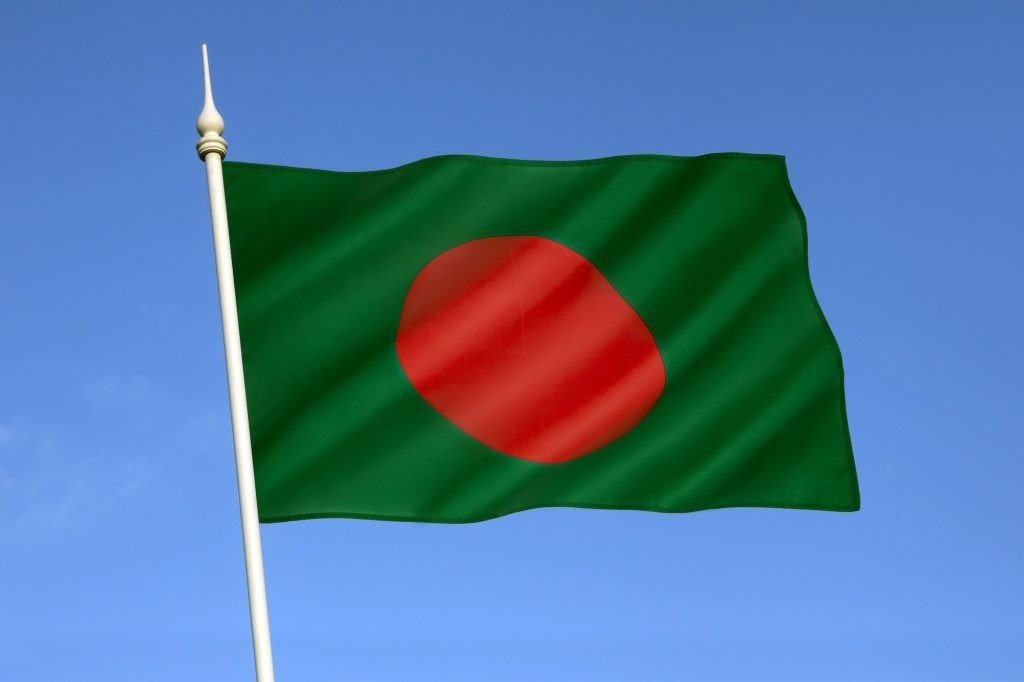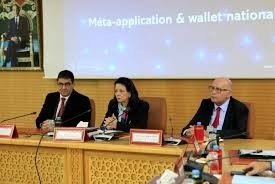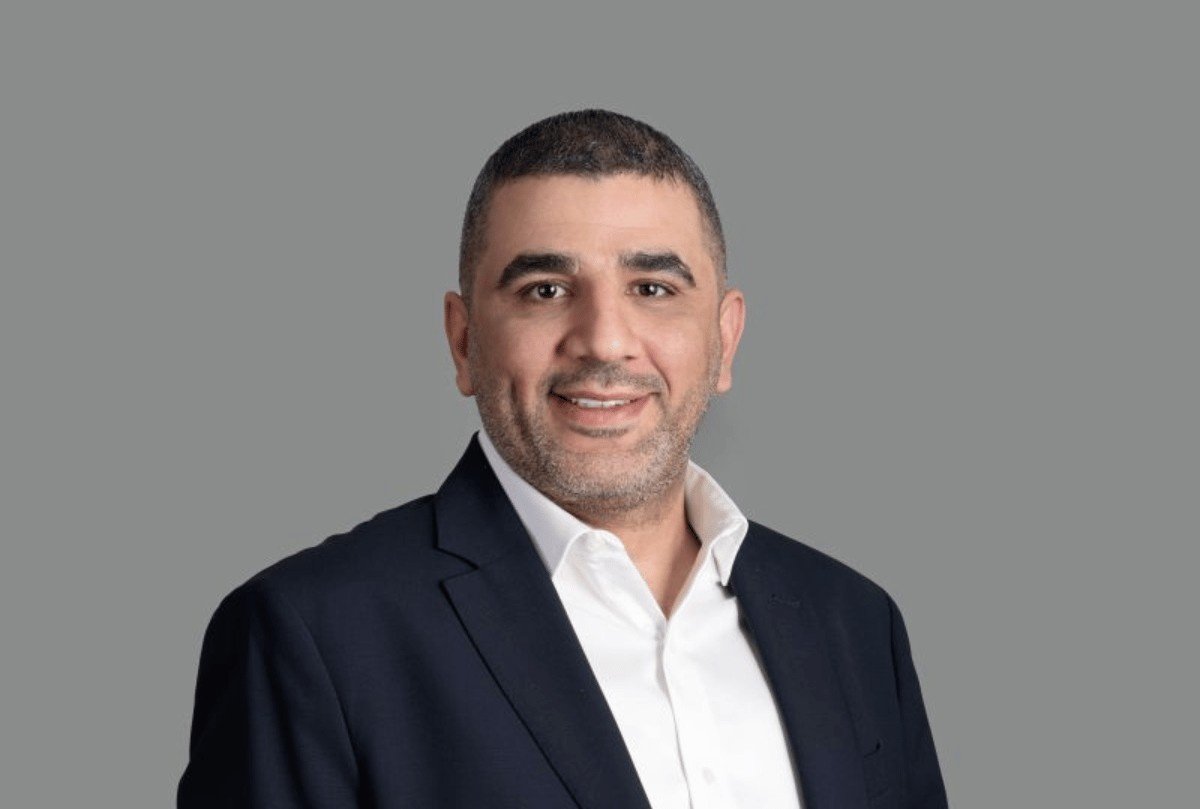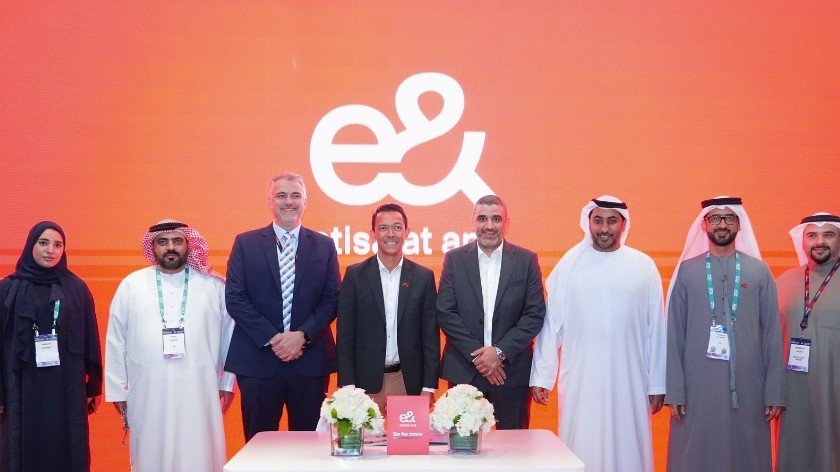The government of Bangladesh is implementing major reforms in the telecommunications sector through a new three-tier licensing framework that separates licenses into international connectivity, national infrastructure, and access network services. This overhaul aims to modernize the sector, enhance regulatory clarity, and align with global best practices.
The Association of Mobile Telecom Operators of Bangladesh (AMTOB), representing leading firms such as Grameenphone, Robi, and Banglalink, supports the reforms as a bold and necessary first step. However, the new regulations will restrict some operational freedoms, including deploying proprietary fiber infrastructure and constructing independent towers.
While AMTOB backs the changes, mid-level domestic operators in areas like International Gateway (IGW), International Internet Gateway (IIG), Interconnection Exchange (ICX), and Nationwide Telecommunication Transmission Network (NTTN) have voiced concerns. They argue the policy favors foreign companies over local firms, risking significant job losses, threatening smaller businesses, and reducing government revenue.
AMTOB rejects claims of foreign favoritism, instead criticizing intermediary infrastructure providers for poor connectivity and higher costs, which they attribute to the fragmented regulatory landscape shaped by the 2007 International Long Distance Telecommunication Services Policy (ILDTSP).
To address past political favoritism and corruption in licensing, the interim government has launched investigations, with a white paper expected soon to enhance transparency and accountability. AMTOB also pointed out that many countries allow mobile operators to own and manage their full infrastructure, resulting in lower costs and improved service quality—a model Bangladesh may consider for future reforms.















